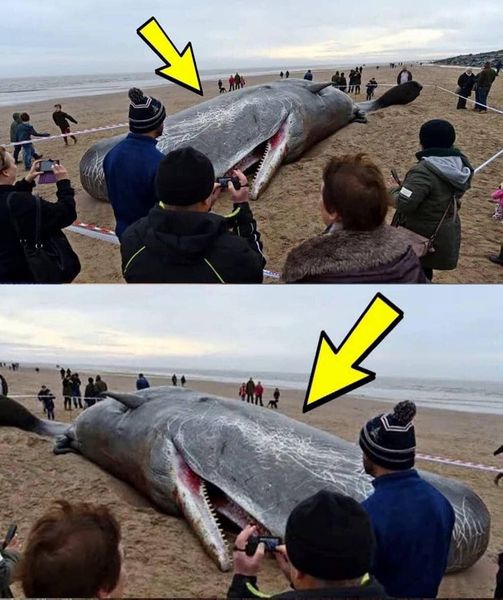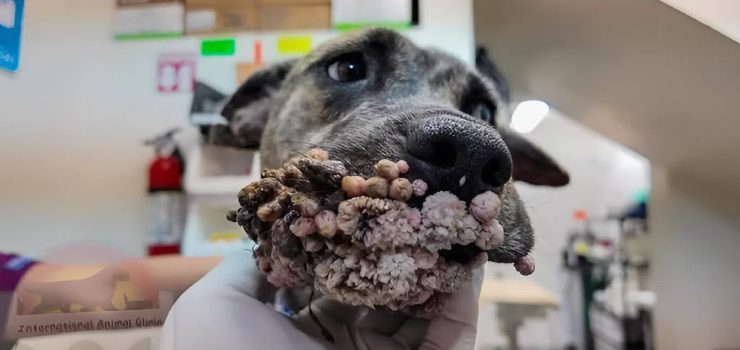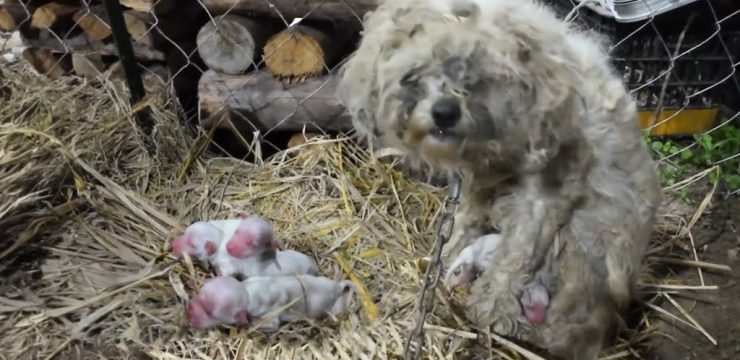In February 2023, the shores of Hawaii became the stage for a tragic and shocking discovery that underscored the devastating consequences of humanity’s actions on the planet’s marine ecosystems. A massive sperm whale, a majestic symbol of the ocean’s beauty and power, was found lifeless after washing ashore. Upon examination, what scientists uncovered inside the whale’s stomach left the world stunned and horrified. Tangled fishing nets, plastic bags, and other debris were found lodged inside, serving as a grim testament to the growing crisis of plastic pollution in the world’s oceans.

The whale, which should have roamed the depths of the ocean free and unencumbered, had inadvertently ingested the waste during its search for food. Mistaking the debris for prey, the whale swallowed materials it could not digest, causing severe internal blockages and ultimately leading to its death. The discovery of these man-made items in the stomach of such an extraordinary creature sent shockwaves across the globe, highlighting the pervasive and catastrophic impact of plastic pollution on marine life.
This tragedy is not an isolated incident. Marine scientists have long warned of the dire consequences of plastic waste infiltrating marine ecosystems. Every year, an estimated eight million tons of plastic enter the oceans, endangering countless species and disrupting delicate ecosystems. From whales to sea turtles and even microscopic plankton, no creature is immune to the dangers of plastic pollution. Items like discarded fishing gear, bottle caps, and microplastics are ingested by marine animals, causing injuries, starvation, and death. These pollutants also leach toxic chemicals into the water, further harming marine life and the broader ecosystem.
The sperm whale’s death in Hawaii serves as a stark reminder of the urgent need to address this growing environmental crisis. While the whale’s story is heartbreaking, it is unfortunately part of a much larger pattern. Similar incidents have been reported worldwide, with dead whales, sea birds, and other animals washing ashore with stomachs full of plastic. Each case reinforces the grim reality that our oceans are being overwhelmed by waste, much of which is preventable.
The impact of plastic pollution extends beyond marine animals. Microplastics—tiny fragments of degraded plastic—have infiltrated every corner of the ocean, from the surface to the deepest trenches. These particles are consumed by small fish and plankton, which are then eaten by larger predators, creating a domino effect throughout the food chain. Ultimately, these microplastics find their way to our dinner tables, posing potential health risks to humans. The interconnected nature of this crisis makes it clear that addressing plastic pollution is not just about saving marine life—it’s about safeguarding the health of our planet and ourselves.
The discovery in Hawaii has reignited calls for urgent action to combat plastic pollution. Environmental organizations, scientists, and concerned citizens are urging governments, industries, and individuals to take meaningful steps to reduce the production and consumption of single-use plastics. Policies banning plastic bags, straws, and other disposable items are being implemented in many regions, but much more needs to be done. The development of biodegradable alternatives, improved recycling systems, and stricter regulations on waste management are critical components of the solution.
Public awareness is another vital element in the fight against plastic pollution. Education campaigns can empower individuals to make small but significant changes in their daily lives. By using reusable shopping bags, avoiding plastic packaging, and properly disposing of waste, people can contribute to reducing the amount of plastic that ends up in the ocean. Community clean-up events, like beach and river cleanups, also play a crucial role in removing existing waste and fostering a culture of environmental stewardship.
The tragic story of the sperm whale is a powerful reminder that we cannot afford to ignore the consequences of our actions. While the loss of this magnificent creature is heartbreaking, it also serves as a wake-up call. The time to act is now. Governments, businesses, and individuals must come together to implement solutions that address the root causes of plastic pollution. Only through collective effort can we hope to reverse the damage and create a sustainable future for our oceans and the incredible life forms they support.
As we move forward, let the sperm whale’s story inspire change. It is a sobering reminder of the fragility of our planet and the responsibility we bear to protect it. By taking decisive action today, we can ensure that future generations inherit oceans teeming with life, not choked with plastic. Together, we can turn the tide on plastic pollution and honor the legacy of this lost whale by creating a cleaner, healthier planet for all.





